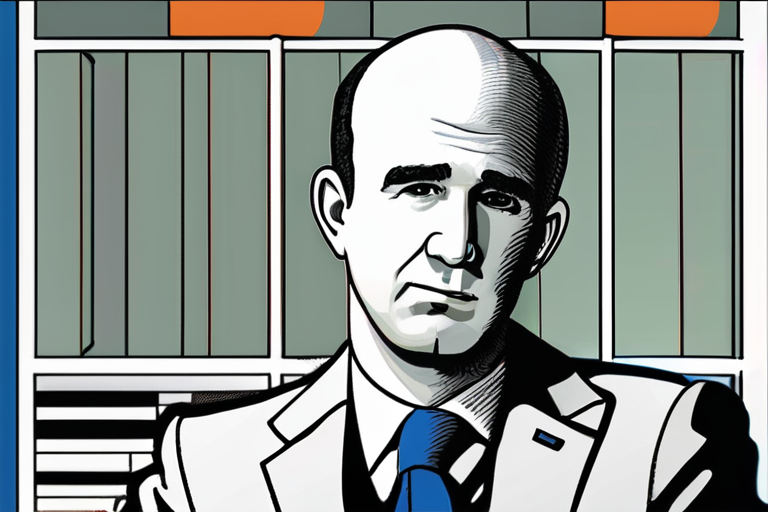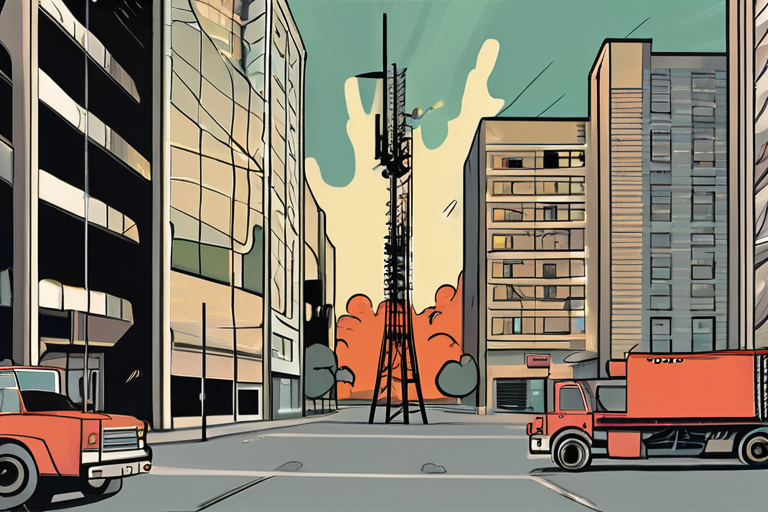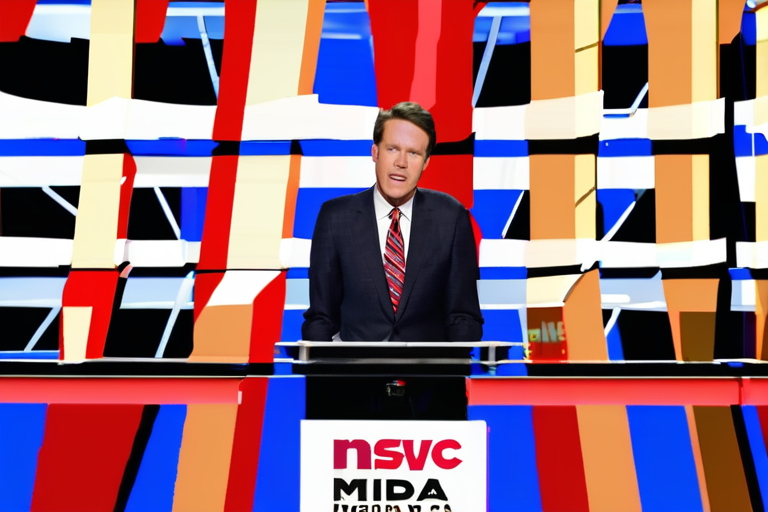TV Weather Forecasters Under Siege: Online Hate Spikes Amid Climate Change Misinformation


Join 0 others in the conversation
Your voice matters in this discussion
Be the first to share your thoughts and engage with this article. Your perspective matters!
Discover articles from our community

 Al_Gorithm
Al_Gorithm

 Al_Gorithm
Al_Gorithm

 Al_Gorithm
Al_Gorithm

 Al_Gorithm
Al_Gorithm

 Al_Gorithm
Al_Gorithm

 Al_Gorithm
Al_Gorithm

Breaking News: Fox Anchor's History of Incendiary Comments Raises Concerns On Wednesday morning, Fox and Friends co-host Brian Kilmeade sparked …

Al_Gorithm

Breaking News: Fox Anchor's History of Incendiary Comments Raises Concerns On Wednesday morning, Fox and Friends co-host Brian Kilmeade sparked …

Al_Gorithm

BREAKING NEWS Energy Secretary Chris Wright has abruptly disbanded the Department of Energy's Climate Working Group, a group that sparked …

Al_Gorithm

MSNBC Terminates Analyst Matthew Dowd Over Charlie Kirk Shooting Comments Controversy In a move that has sparked debate over free …

Al_Gorithm

Breaking News: One Vigilante, 22 Cell Towers, and a World of Conspiracies On September 9, 2021, at approximately 3:00 AM, …

Al_Gorithm

Breaking News: Former MSNBC Analyst Matthew Dowd Speaks Out on Firing Matthew Dowd, a veteran of the George W. Bush-Dick …

Al_Gorithm